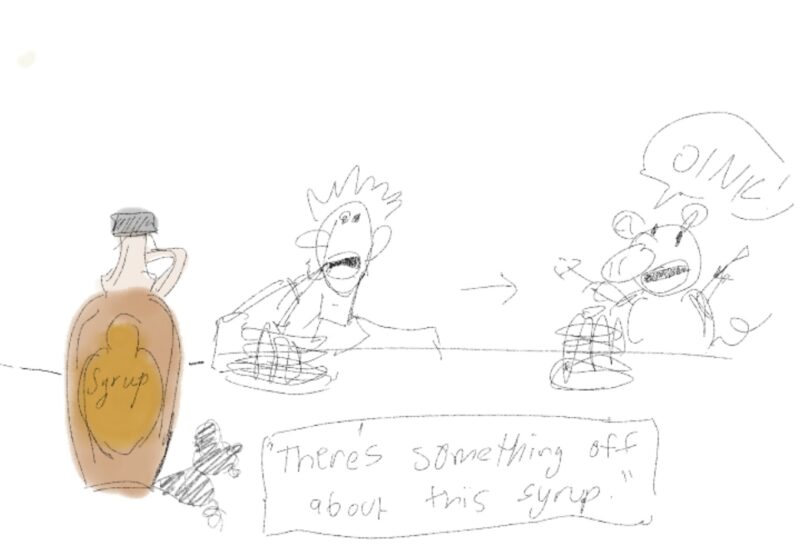Last November, the West watched in disappointment as the President of Ukraine, Victor Yanukovych, suspended EU negotiations. Disappointment turned to hope as this became the catalyst for mass protests against the president’s corrupt regime. Hope turned to disgust when Yanukovych’s party in Parliament illegally gave him dictatorial powers, which was used to suppress dissent.
Disgust turned to horror when Yanukovych began massacring protesters; horror became hope again when protesters in Kiev braved sniper fire to stand firm against Yanukovych, who finally fled when his former allies abandoned him.
Unfortunately, the world was shocked last week when irregular Russian forces moved into Crimea, a strategically important region in Southern Ukraine, and Russia’s parliament rubber-stamped plans to invade the country. Crimea is home to an ethnic Russian majority and a key Russian naval base in Sevastopol. Putin, despite official recognition of Ukraine’s sovereignty over Crimea in multiple treaties, justified the invasion on the supposed threat to Russian civilians from Ukrainian neo-Nazi groups, a threat that has at the time of this artcle’s writing failed to materialize. Russia has a knack for using ethnic Russian populations as a pretext for invading former USSR members, but this invasion is undoubtedly due to Yanukovych’s status as a Russian crony and the pro-EU alignment of Ukraine’s new government. Putin and other Russian hawks see Ukrainian politics as a zero-sum game, believing that Ukrainian integration with Western Europe can only hurt Russia. A raw nationalism underlies these power politics; many Russians see Ukraine and Sevastopol (which thousands of Russian soldiers died defending) as historic Russia. Nonetheless, Putin must have realized that there was no immediate threat to Sevastapol, and that his preemptive action would increase anti-Russian sentiment in the rest of Ukraine. A total conquest of Ukraine by Russia would not be worth the cost. The logical conclusion is that Putin plans to use his troops and the threat of an escalating conflict to coerce Ukraine.
Ukraine’s government is still provisional, and Putin probably believes he can negotiate a deal putting Yanukovych back in power, or at least giving pro-Russian parties more weight. The United States and the rest of NATO have quite a few reasons to oppose Russian encroachment. Russia actively opposes U.S. interests in the Middle East, has attacked American allies (such as Georgia) in the recent past, and would be emboldened by success in Ukraine. The EU has been expanding eastward—to the long-term benefit of all parties involved, popular disgruntlement notwithstanding—and will benefit if Ukraine harnesses its shale gas to break free from Gazprom (unlikely under a pro-Russian government.)
The U.S. has had a long-standing interest in reducing the number of nuclear states in the world. In 1994, the U.S., Russia, and several other states negotiated the transfer of Ukraine’s nukes to Russia in exchange for security guarantees. Although the U.S. is not obligated to defend Ukraine from aggression through means outside the UN Security Council (where Russia has a veto), it is important for American credibility and long-term nonproliferation objectives to make a good-faith effort to help Ukraine.
The U.S. cannot (and should not) credibly threaten a military response to Russia, but that does not mean the U.S. is powerless. Ukrainian and Russian markets took major hits in response to the crises, and U.S. and EU leaders are already discussing sanctions against Russia. Even with sanctions, Russia’s economy may still be more stable than Ukraine’s, so the U.S. and EU should take measures to bolster Ukraine, such as promising to buy currency, or offering the country interest-free loans. NATO can retaliate by strengthening its presence in Poland and non-occupied Ukraine, and could consider, or threaten to admit Georgia. There’s a large middle ground between recklessness and appeasement, and the U.S. should seize that ground.
Taylor is a member of
the class off 2015.





